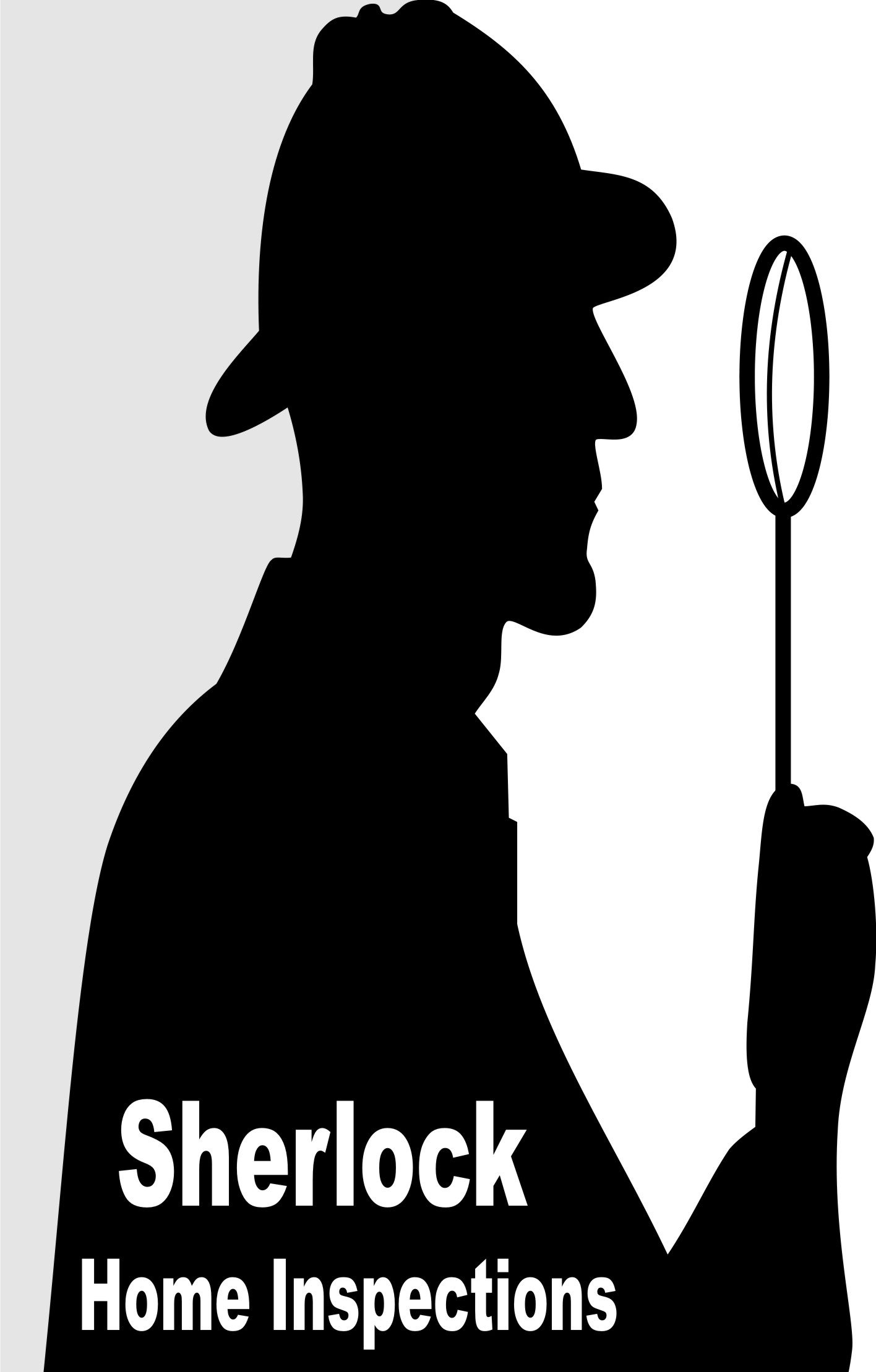The process of buying a home can seem endless. Once buyers get an offer accepted and they get to inspection day, they often heave a huge sigh of relief. But don’t relax too quickly. A home inspection is one of the most crucial steps in buying a home, and it shouldn’t be overlooked or rushed. It is extremely important to pay attention during this process. Here are a few tips to help you avoid some common pitfalls.
- Forgoing an inspection in the first place
Just because the house looks like it’s in good shape, doesn’t mean there aren’t issues that you can’t see. Most people know this, but many often skip an inspection when buying new construction. That’s a mistake! We do several new construction inspections every month and constantly find issues that require correction.
- Forgoing important ancillary inspections
Don’t skimp on ancillary inspections that might fall outside the scope of a standard home inspection or additional inspections that might be needed for insurance or your lender. Think: pools, well equipment, seawalls, water quality, septic systems, & insurance inspections like a 4 Point &/or Wind Mitigation.
- Choosing the cheapest inspection option
There are a lot of inspectors who offer very low prices for home inspections. That lower price could indicate they’re new and inexperienced, or that they’re having trouble finding clients. Of course, we’re not saying you should never opt for an affordable inspection, or that all affordable inspectors are dummies. But we are saying you should do your research before defaulting to the cheapest option. Check out 11 Questions To Ask a Home Inspector at www.sherlock-inspections.com (FAQ page).
 If you think it’s expensive to hire a professional to do the job,
If you think it’s expensive to hire a professional to do the job,
Wait until you hire an amateur.
– Red Adair (American Oil Firefighter)
- Being overly involved in the inspection
It’s great to follow the inspector around to see what he finds, but if you’re in his way or spend too much time chatting him up, you may distract him from the work at hand and he could miss something. Our professional inspectors are not only experienced and knowledgeable, but also friendly, approachable, and well-spoken. Ideally, we like to go over everything we’ve found with the client once we’ve completed the inspection.
- Expecting the house to be perfect
An inspection is not a pass-fail test, and every home will have flaws. In fact, don’t be surprised if the inspection uncovers several issues. Many of these may be relatively minor. The key is to ask questions so that you understand the magnitude of each issue discovered. No home is perfect. Keep things in perspective.
- Focusing on the wrong things
As noted above, not all infractions are equal. Remember that an inspection is the chance to find out about significant red flags with the property. Remember What Really Matters. Most of the comments on our Inspection Report are likely aesthetic issues or minor imperfections. These are nice to know about. However, the issues that really matter will fall into four categories:
- Minor defects that lead to major defects. A small roof leak, for example.
- Safety hazards, such as exposed electric wires.
- Defects that may hinder your ability to finance, legally occupy or insure the home.
- Major defects. An example of this would be a structural failure.
Anything in these categories should be addressed. Often even serious problems can be corrected inexpensively (especially in categories 1 and 2). I’ve seen both buyers & sellers get all upset & threaten to back out of contracts over a laundry list of minor things that could have been fixed with a single trip to the hardware store. I like to use the following analogy: If you’re buying a Maserati for the cost of a Volkswagon, then who cares what the tires look like?
- Failing to discus with your Realtor the possibility of negotiating repairs with the seller
My best recommendation is to have a conversation with your Realtor. Only he/she knows all of the aspects of the deal; how motivated the seller is, what items were already in the sellers disclosure &/or figured into the sales price, what comparable properties are currently selling for, etc. Do a little homework on estimated repair costs to help you decide what’s worth mentioning.
- Not getting negotiated repairs re-inspected
Repairs made by a licensed professional usually include a warranty. If so, you may not need a re-inspection. However, if the seller, seller’s friend, handyman, etc. have done repairs they should be inspected to be sure that the repairs were done completely & properly.

I really like your writing style, good info, appreciate it for putting up :D.
I’ve had friends & relatives who have made some of these mistakes. Fortunately I have spoken to many people in the process of buying my first place. Still, I could have easily made some of the other mistakes you mention in this piece. Thanks for looking out for others. I will be sure to follow your advice & I will be sure to call Sherlock Home Inspections once I find my dream home so that you guys can do my Home Inspection – Thanks
ERROR ERROR // I’ve seen so many buyers make these mistakes. I’m a Realtor & I try to advise them, but sometimes you cannot educate idiots.
Great advice here – Thanks
OOPS, wish I had seen this earlier